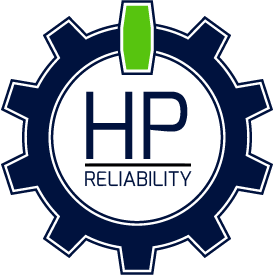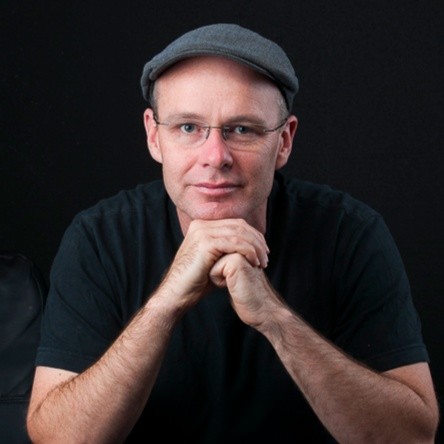Third Habit with Peter Horsburgh
If your machines aren t running smooth, clean, cool, and dry, there s no way you will ever be able to get its lifetime out of it. When you are facing such situation where one of these indicators isn t being met by your machine, it s time for a change. To make a change in the way you treat your assets, you need to start asking the questions. If you don t know or understand something, ask someone who can help you make sense of things. If you don t have the tools for solving a problem, start getting the support of management to invest in the equipment.
In this episode, we covered:
- What is the Third Habit?
- How can you get vital support from the management?
- Why do you need to think out of the box?
And much more!
You can get that vital support by showing them the data as proof that something isn t right and making them understand how you can fix it. All of this is part of the third habit of an extra-ordinary reliability engineer which is try to find the alternatives for the improvement of the processes and procedures. This third habit also includes always trying to find better alternatives when something doesn t work as you want for your assets. You will be able to find these alternatives by asking the right questions from the right people and enlisting the help of experienced engineers who might have encountered similar problems before.
Using failure data and condition-monitoring parameters always help you make smart decisions. So, if you have a problem with your bearing, lubrication process or in case any other component is failing, you can use condition monitoring data to try to maintain the life expectancy of your assets. The end goal is to try to mitigate the issue before it gets to the point of machine failure. When you are getting regular condition monitoring reports from the condition monitoring experts, you are able to see the problem clearly and prevent it before it gets worse for your assets.
You can always use the standard machine operating manuals and get help from the corporate machine guidelines to make sure that you are implementing the framework in the right way. The goal of a reliability engineer is to get the most of the machines in the plant by costing the least throughout the lifetime of that machine. It can only be made possible if your assets are working smoothly, under right operating conditions and are not overloaded. It can be achieved by involving everyone and helping them carry out things as they are supposed to.
Sometimes, you have to think out of the box and try things to get the result you want. It will take a leap of faith in some cases and you will have to lead people by enlisting their help and support at all times. The path towards improvement is always full of surprises and as you move along in the journey, you start getting better by trying and implementing different things. It also helps you build an organizational culture where people are empowered to make necessary decisions to keep the organizational assets up and running to their maximum capacity.
Eruditio Links:
Peter Horsburgh Links:
- 5 Habits of an Extraordinary Reliability Engineer by Peter Horsburgh
- Reliabilityextranet.com
- Peter Horsburgh s LinkedIn
- Noria.com
Rooted In Reliability podcast is a proud member of Reliability.fm network. We encourage you to please rate and review this podcast on iTunes and Stitcher. It ensures the podcast stays relevant and is easy to find by like-minded professionals. It is only with your ratings and reviews that the Rooted In Reliability podcast can continue to grow. Thank you for providing the small but critical support for the Rooted In Reliability podcast!
The post 186-Third Habit with Peter Horsburgh appeared first on Accendo Reliability.

